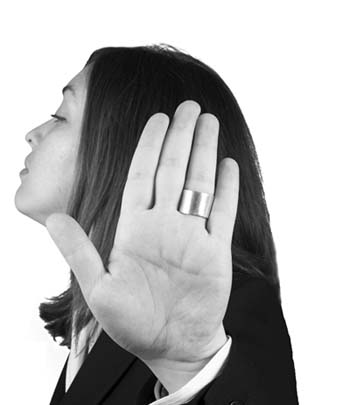Skin care, done the natural way, is always the best you can do to yourself. If you feel that you can get every other skin nourishment from the synthetic and cosmetic stuff sold in the market, you maybe wrong. You need what is called pure and natural replenishment to your skin, on a daily basis. Essential oils are a great way to rejuvenate damaged skin or maintain a glowing, healthy skin in a natural way. They are pure plant substances that contain no synthetics. They provoke no side effects and cause no harm to the skin if used as instructed. This article will offer you different skin care recipes that can be prepared using essential oils.
Essential oils skin care recipes: Most of the essential oil recipes have to be mixed with carrier oils to be used on skin. When you use a blend of oils, you need to look into the composition of the blend, the proportion of oils used (which is the dominant oil/aroma etc) to get a pleasing and appealing skin care product. Below are a few essential oil skin care recipes which can be used as bath oils, foaming cleansers, liquid soaps etc.

1. Foaming Cleanser: This essential oils blend of foaming cleanser is energizing and rejuvenating. It can be used for every kind of skin, from normal to oily skin and can be used in showers or while bathing. To prepare the cleanser, combine 4 tbsps of castile soap with 3 tbsps of Avocado oil, 4 drops of Bergamot, 4 drops of Lemon, 4 drops of Petitgrain etc. Blend the oils in a small sized bottle and use whenever required.
2. Facial Scrub: This refreshing, luxurious blend is ideal for use once or twice a week. To make the blend, mix 4 tbsps of Almond meal with 1 tsp of freshly grated Orange zest and some natural yogurt. Blend till the mixture attains a thick paste like consistency. Then, melt honey and add Almond mixture to it. To the mixture, add ½ tsp cinnamon powder, 2 drops of Cinnamon oil and 3 drops Orange. Combine everything together and bring to a massage-paste like consistency. When you are done, massage on to your face and neck, avoiding the eyes or nostrils area. The scrub should be rinsed off before applying toner or moisturizer.
3. Cleansing cream: If you need to remove a make-up quickly and completely, this cleansing cream made with essential oils is your best bet. To make the cream, combine 1 tbsp of beeswax, ½ cup of Sweet Almond oil, 1 tbsp of distilled water, 3 drops of Frankincense, 2 drops of Lavender and 3 drops of Neroli together. Ideal for both oily, dry and mature skins, this cream is perfect for removing any extraordinary or strong make up too.
4. Facial oil: Mix 2 tbsps of avocado oil with 1 tbsp of Jojoba oil, 1 tbsp of rosehip oil, 3 drops of Jasmine, 2 drops of Sandalwood and 3 drops of Ylang Ylang. Use a dark bottle to blend all the ingredients, especially the essential oils. When the mixture is ready, cover tightly and store it in a cool dark place to for future use.
5. Moisturizer: To create a moisturizer, especially of the rosebud kind, combine 1 tbsp of beeswax, ¼ cup of Jojoba oil, ¼ cup of Apricot Kernel oil, 1 tsp of Rosehip oil, 1 tbsp of Rosewater and 8 drops of Rose.
6. Freshening Toner: This toner can be applied to all skin types and combines a mixture of water, oils and hydrosols. To prepare the blend, mix ½ cup of distilled water with ½ cup rosewater, 3 drops of Chamomile, 2 drops of Geranium and 3 drops of Lavender. This is a natural skin care recipe that can be used anytime on any skin, without any issues.




 Essential oils for panic attacks: When you are under a panic attack, you may not be able to function properly. You are anxious, nervous and helpless. Your endocrine system functions inappropriately, and you may face problems like breathlessness, high pulse rate and hyper-anxiety. Panic attacks are triggered by many factors and some of them are stress, bad foods, emotional ill-health, drugs, traumas, emergency situations etc. Essential oils can help with alleviating the symptoms of panic attacks. Some of the below blends which can help with treating the attacks:
Essential oils for panic attacks: When you are under a panic attack, you may not be able to function properly. You are anxious, nervous and helpless. Your endocrine system functions inappropriately, and you may face problems like breathlessness, high pulse rate and hyper-anxiety. Panic attacks are triggered by many factors and some of them are stress, bad foods, emotional ill-health, drugs, traumas, emergency situations etc. Essential oils can help with alleviating the symptoms of panic attacks. Some of the below blends which can help with treating the attacks:



